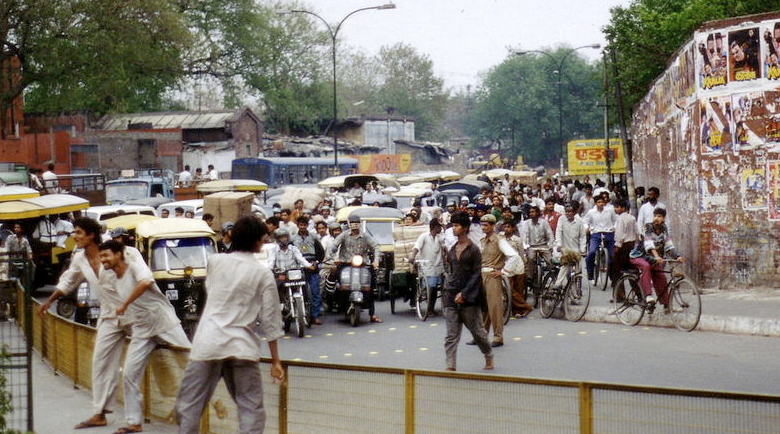World’s most polluted city Delhi launches car-free campaign
Delhi, the world’s most polluted city, launched the first of a series of car-free days last week in an attempt to reduce the city’s air and traffic pollution.

Delhi, the world’s most polluted city, launched the first of a series of car-free days last week in an attempt to reduce the city’s air and traffic pollution.
The campaign was led by Delhi Chief Minister Arvind Kejriwal, his deputy Manish Sisodia and other cabinet ministers.
The city’s authorities asked drivers to avoid a usually traffic-clogged, six kilometre stretch of road along the city's iconic India Gate for five hours.
The event was marked by a bicycle rally led by Kejriwal.
The campaign will continue with car-free days being implemented along different stretches of the city for one day each month.
The next one will be in Dwarka, a sprawling sub city in south-west Delhi.
The Indian city, where it is alleged one person dies each hour from pollution, hopes to raise awareness of the damage caused by pollution from cars.
The World Health Organisation (WHO) ranked New Delhi as having the world's most polluted air, according to a report released in April 2015.
“This revolution is crucial because people are breathing in poisonous air. Cars have become a status symbol in Delhi and it is very important that people start understanding that life is more important than cars,” Delhi Transport Minister Gopal Rai stated.
“We are sure there will be a gradual shift,” Rai added.
Currently the city contains 8.8 million vehicles, with 1,400 new vehicles added to its roads each day.
In the last year alone, vehicle registration increased 14 per cent. Delhi has more vehicles than Mumbai, Kolkata and Chennai put together.
If nothing is done, it has been estimated that by 2021 car ridership will increase by 106 per cent while bus ridership will increase only by 28 per cent.
The city is also expanding its public transport network. “We are going to procure 2,000 new buses in the next six months. We have already done a lot of research and have even gone through international studies to see how we can have a more attractive, robust public transport system,” Rai stated.
Anumita Roychowdhury, CSE executive director (research and advocacy), said, “This initiative of the Delhi government has only helped to prove how the growing car numbers in Delhi aggravate toxic pollution; if these numbers are controlled, pollution can be lowered significantly.”

